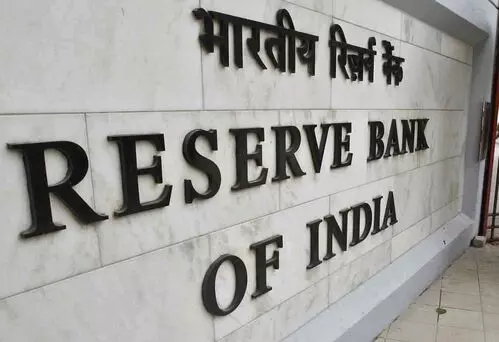New Delhi — If you fail to repay the loan on time for a smartphone purchased through a small-ticket loan, your device may soon be remotely locked. The Reserve Bank of India (RBI) is considering this unprecedented step to curb rising defaults in consumer loans, sparking a fresh debate on consumer rights.
Phones Emerging as the Largest Loan Product
According to a Reuters report, the RBI is preparing to amend the Fair Practices Code, allowing lenders to lock devices in cases of default. Sources say that if the rule is implemented, prior consent from customers will be mandatory, and even if a phone is locked, lenders will not have access to personal data stored on the device.
Algoritha: The Most Trusted Name in BFSI Investigations and DFIR Services
Small-ticket loans have become the backbone of India’s consumer electronics market. A 2024 study by Home Credit Finance revealed that more than one-third of mobile phones and electronics in India are purchased on such loans. With a population of 1.4 billion and over 1.16 billion mobile connections, this move could directly impact millions of customers.
Credit bureau CRIF Highmark notes that loans under ₹1 lakh carry the highest risk of default. Non-banking financial companies (NBFCs) dominate this segment, accounting for 85% of consumer durable loans.
Why RBI Considers It Necessary
The RBI is worried that mounting defaults in small-ticket loans could weaken the banking sector. If implemented, the rule would make recovery easier for companies like Bajaj Finance, DMI Finance, and Cholamandalam Finance, while also enabling them to extend loans to customers with weaker credit profiles.
Criticism and Concerns for Consumer Rights
Consumer rights activists have raised alarms, calling this a dangerous precedent. Srikant L., founder of the CashlessConsumer group, said:
“This practice turns access to essential technology into a weapon. Millions could be deprived of livelihoods, education, and financial services until their EMIs are cleared.”
Expert Opinion
Cybercrime expert and former IPS officer Prof. Triveni Singh believes the move could strengthen the recovery mechanisms of banks and NBFCs, but also warns of significant cybersecurity risks.
He said:
“The biggest challenge will be the potential misuse of phone-locking technology. If the system is hacked or adopted by fraudulent companies, consumers could fall victim to major digital fraud. RBI must implement strict protocols, strong monitoring, and secure technology before rolling out this policy.”



